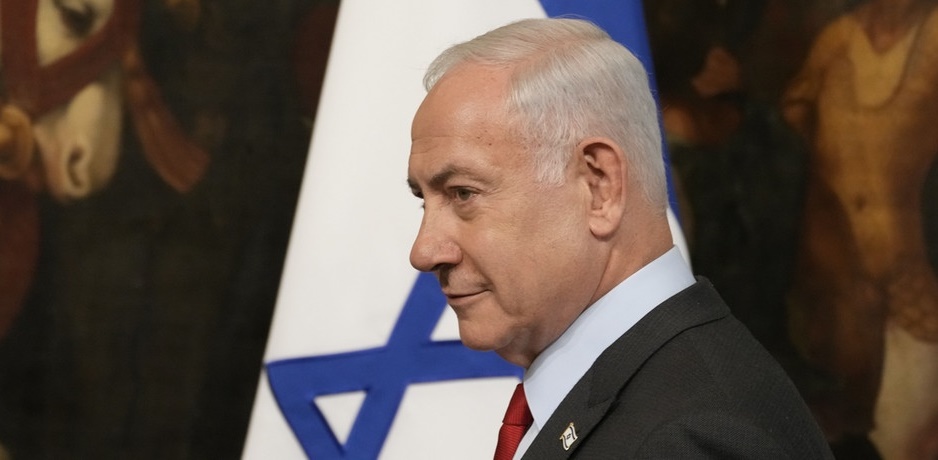Is Netanyahu just playing for time?
Israeli Prime Minister Netanyahu has put his government's controversial judicial reform on hold for the time being.

But the project is not off the table. And not only the opposition does not trust the announcement.
Benjamin Netanyahu is slowing down. Many in Israel had been waiting for this news. Again tens of thousands took to the streets throughout the day and evening to protest against the controversial judicial reform.
The protests had intensified again because the day before Netanyahu had fired the defense minister who had called for the reform to be stopped. In addition, the governing coalition had actually planned to bring decisive parts of the reform through the plenary this week before the parliamentary break. Netanyahu only made his statement in the evening.
“If there is a chance to prevent a civil war through dialogue, as prime minister I’ll take the time out for dialogue,” Netanyahu said.
At the same time, however, he made it clear: “We insist on the need to make corrections to the legal system and will give the opportunity to achieve them with a broad consensus. And out of this national responsibility, I have decided to hold the second and third reading of the legislative package in this to suspend the session.”
Opposition reacts frostily
This does not yet say whether there will also be substantive concessions – or whether Netanyahu is only playing for time. He announced that he would seek talks with the opposition in order to gain more acceptance for the reform. But there have been announcements of this kind in the past. Justice Minister Levin is quoted in the Israeli media as saying: “We have to be smart – we’ll get the reform through later.”
Opposition leader Yair Lapid reacted accordingly frostily:
“If Netanyahu tries to trick us, he will again find many patriotic Israelis who will fight resolutely for our democracy. On the other hand: If the government is ready for a real and fair dialogue, we can come out of this low point strengthened and united and that too a significant moment in our life together. This is the greatest crisis in the history of Israel. We have an obligation to solve it together so that we can live here together.”
Far-right Minister Ben Gvir threatens to resign
For the first time in the 13 long weeks of protests, the government had brought supporters of the reform onto the streets in their thousands. Among others, Itamar Ben Gvir, the right-wing extremist Minister for National Security, performed in Jerusalem. He had threatened Benjamin Netanyahu with resignation. Also because further negotiations with him were necessary, Netanyahu’s explanation was a long time coming.
“At the meeting of the coalition leaders, I decided to leave the coalition because I was and still am of the opinion that the reform should be voted on today. We must not capitulate to the anarchists. Then I realized: I’m giving them victory , if I leave the coalition. But they will not win! They will not win! We will remain in the coalition and demand reform.”
Ben Gvir can feel like one of the winners. Because it is still possible that the judicial reform will be decided as planned. And for agreeing to the postponement, Ben Gvir gets plenty of money to set up a national guard under his leadership. In recent weeks he has called for tougher action against demonstrators and is also in favor of a hard line towards Palestinians in the occupied territories.
Further steps unclear
Whether the mass protests will lose momentum is not yet foreseeable and will depend on the next steps. In the evening, President Izchak Herzog discussed this with Benjamin Netanyahu and Yair Lapid, among others.
Later in the evening there were road blockades and isolated riots between protesters and the police. The organizers of the reform opponents had previously announced that they would continue to take to the streets – until the legislative process was shelved.




